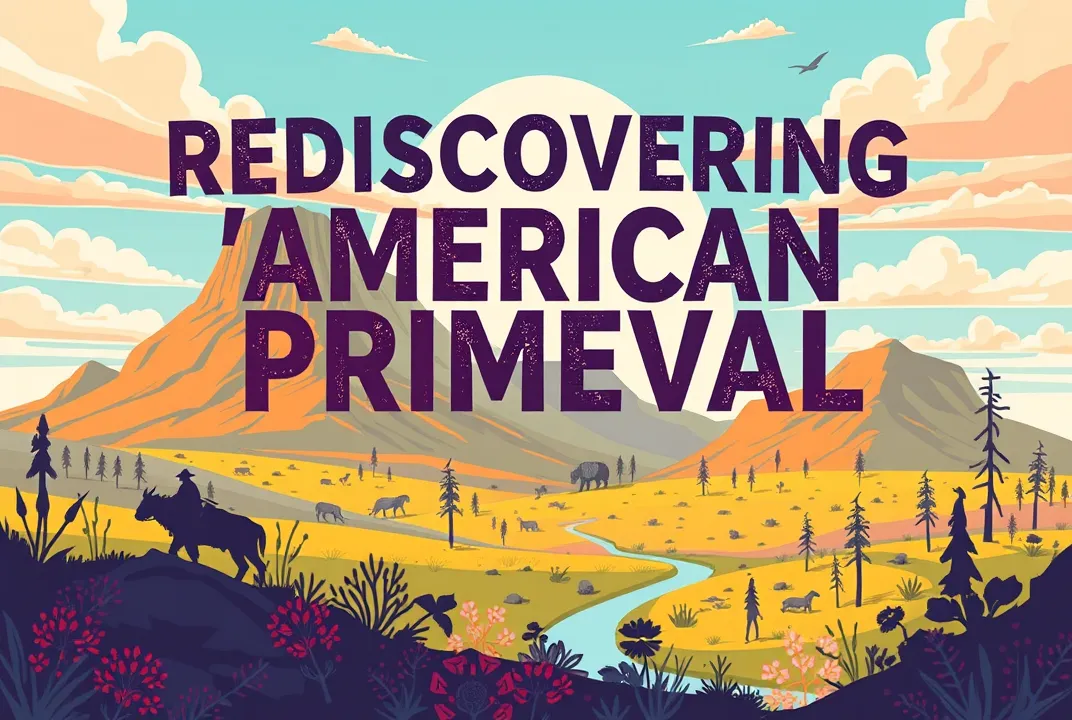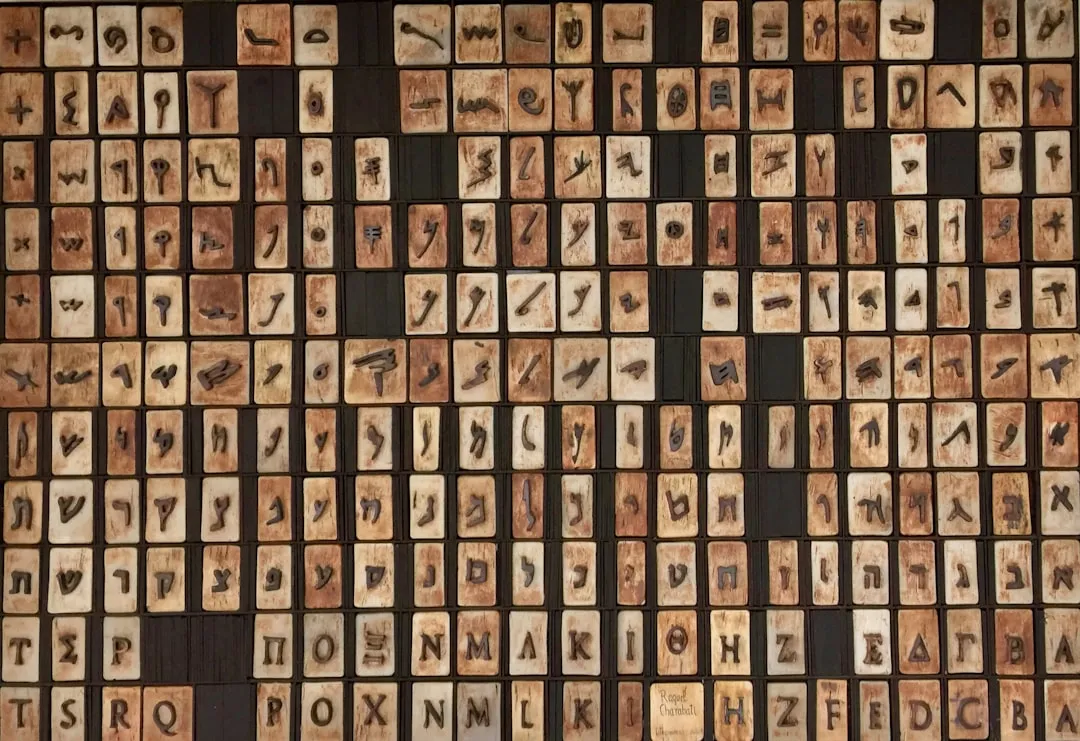Rediscovering 'American Primeval': Exploring the Roots of a Timeless Frontier
The sun dipped low on the horizon, casting long shadows over the vast expanse of untouched wilderness. This was the America of yesteryears, untouched by the complexities of modern life—an America best captured in the narrative of "American Primeval." In this blog post, we journey through the rich tapestry of the American frontier, exploring how it shaped our national identity and continues to resonate in contemporary society.
The Allure of the American Frontier
The American frontier symbolizes opportunity, adventure, and the unyielding spirit of exploration. This theme is prevalent in literature, art, and even in modern media, echoing the tales of pioneers who ventured into the unknown. The concept of the frontier is not merely about geographic space; it embodies the relentless pursuit of dreams against overwhelming odds.
Historically, the frontier was a place where myths and realities converged. It was here that settlers faced nature's wrath, wrestled with their own fears, and ultimately forged a new way of life. The stories of individuals like Daniel Boone and John C. Frémont serve as testaments to the resilience of the American spirit, encouraging generations to seek their fortunes in the wild.
The Roots of 'American Primeval'
"American Primeval," a term coined to evoke the raw, untouched essence of the land, invites us to reflect on our roots. Literary works such as Willa Cather's "My Ántonia" and Stephen Crane's "The Red Badge of Courage" delve into the complexities of frontier life, painting a vivid portrait of struggles and triumphs. But it’s not just literature—we can see the influence of this primal connection to nature in the works of artists such as Thomas Cole, who captured the sublime beauty of the American landscape.
Recent discussions surrounding 'American Primeval' have shifted towards how these narratives can inform contemporary issues. The ongoing discourse on environmental conservation and indigenous rights brings forward the significance of revisiting these historical narratives. It compels us to ask: What did the original inhabitants of these lands understand about nature, and how can we learn from their wisdom in our current environmental crises?
The Resurgence of Interest
The past few years have seen a resurgence of interest in the concept of 'American Primeval.' Organizations dedicated to preserving natural landscapes and promoting sustainable practices are gaining momentum. Documentaries and literature that explore the themes of wilderness preservation and the importance of connecting with nature are winning accolades and engaging audiences.
For instance, films like "Into the Wild," based on Jon Krakauer's book, delve into the longing for a simpler, more authentic life, echoing sentiments that date back to the frontier. This modern exploration of primal American values reflects a collective yearning for connection to the land—an echo of the struggles faced by those who came before us.
The Modern Frontier: A New Landscape
While the physical frontier may have diminished, a new frontier has emerged—one defined by technological advancement and digital landscapes. The internet has opened up a world of possibilities, enabling exploration in ways our ancestors could never have imagined. Yet, with this convenience comes the challenge of disconnection from the natural world.
Virtual reality experiences that simulate the American wilderness illustrate this dichotomy. While technology offers a glimpse into the beauty of the landscape, it also raises questions about authenticity and our relationship with the environment. How do we balance the allure of digital exploration with a genuine connection to the earth beneath our feet?
Native Voices and Historical Context
As we delve deeper into 'American Primeval,' it is essential to recognize the narratives of Native American tribes who have long been stewards of the land. Their stories, filled with profound connections to nature, offer valuable lessons on sustainability and respect for the environment. Recent movements advocating for land acknowledgment and indigenous rights highlight the need for a more inclusive understanding of history.
Books like "Braiding Sweetgrass" by Robin Wall Kimmerer blend indigenous wisdom with scientific insight, creating a powerful narrative that urges us to rethink our relationship with nature. The lessons from these voices remind us that the frontier is not merely a historical relic but a living, breathing entity shaped by the interactions of countless generations.
Rediscovering the Spirit of the Frontier
To truly rediscover 'American Primeval,' we must engage with its spirit. This engagement can take many forms—whether through immersive experiences in national parks, community-led conservation efforts, or even simply spending time outdoors. By connecting with the land, we honor the struggles and triumphs of those who came before us.
Participating in local nature walks, understanding local flora and fauna, or even engaging in outdoor activities such as camping or hiking can reinvigorate our appreciation for the landscape. These experiences not only reconnect us with the physical world but also with our own history—reminding us of the adventures, challenges, and resilience that are woven into the fabric of our nation.
Conclusion: A Journey into the Future
As we navigate the complexities of modern life, the essence of 'American Primeval' serves as a compass guiding us back to our roots. The stories of the frontier remind us that even in the face of adversity, the human spirit can persevere. By embracing the lessons of the past, we can cultivate a deeper connection to the land and to each other.
In revisiting these narratives, we find not only a reflection of who we are but also a roadmap for the future. The frontier may have changed, but its spirit lives on in our quest for understanding, connection, and ultimately, harmony with the world around us. As we step into this new chapter, let us carry forth the timeless lessons of 'American Primeval,' ensuring that the frontier remains an integral part of our national identity—a wellspring of inspiration for generations to come.


 Arsenal vs Crystal Palace: A Tactical Showdown - Who Will Prevail in This Thrilling Clash?
Arsenal vs Crystal Palace: A Tactical Showdown - Who Will Prevail in This Thrilling Clash?
 Why 'It's a Wonderful Life' Remains a Timeless Classic: Lessons for Every Generation
Why 'It's a Wonderful Life' Remains a Timeless Classic: Lessons for Every Generation
 Surviving the OpenAI ChatGPT Outage: Tips to Stay Connected and Productive
Surviving the OpenAI ChatGPT Outage: Tips to Stay Connected and Productive
 Corbin Burnes: The Ace Redefining Dominance in Major League Baseball
Corbin Burnes: The Ace Redefining Dominance in Major League Baseball
 Unleashing the Spirit: Warriors Who Changed History Forever
Unleashing the Spirit: Warriors Who Changed History Forever